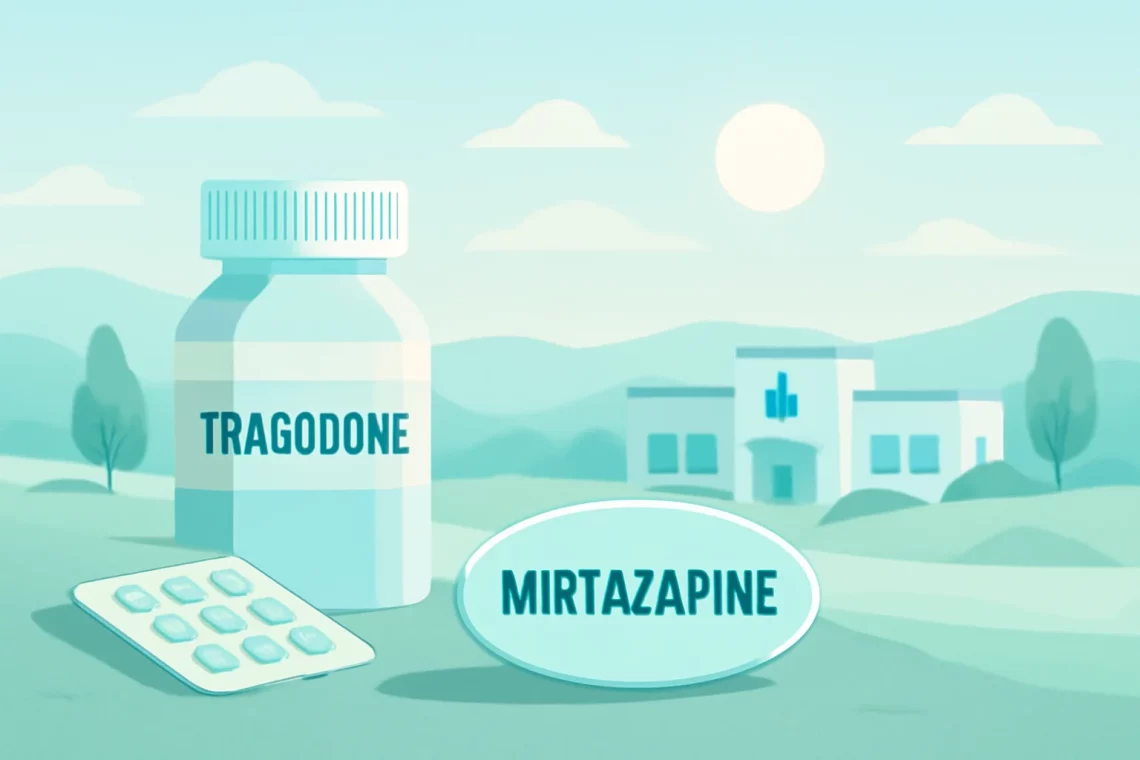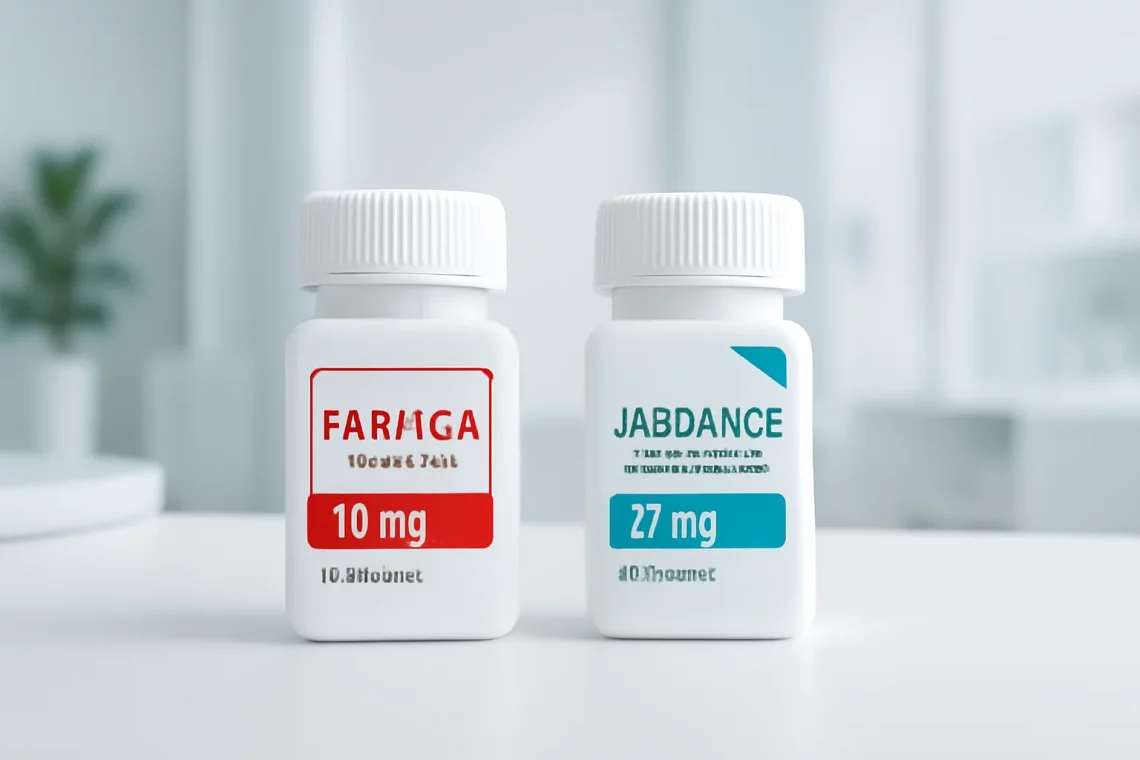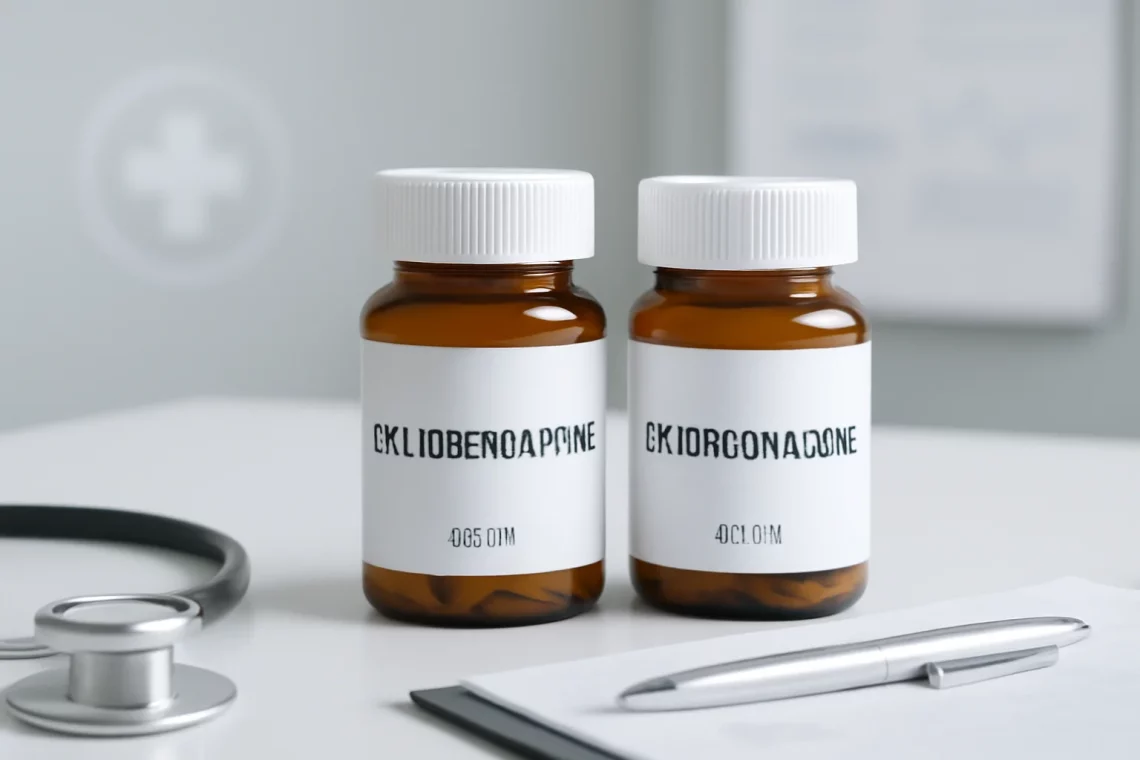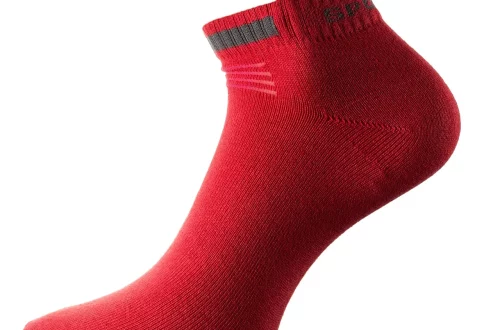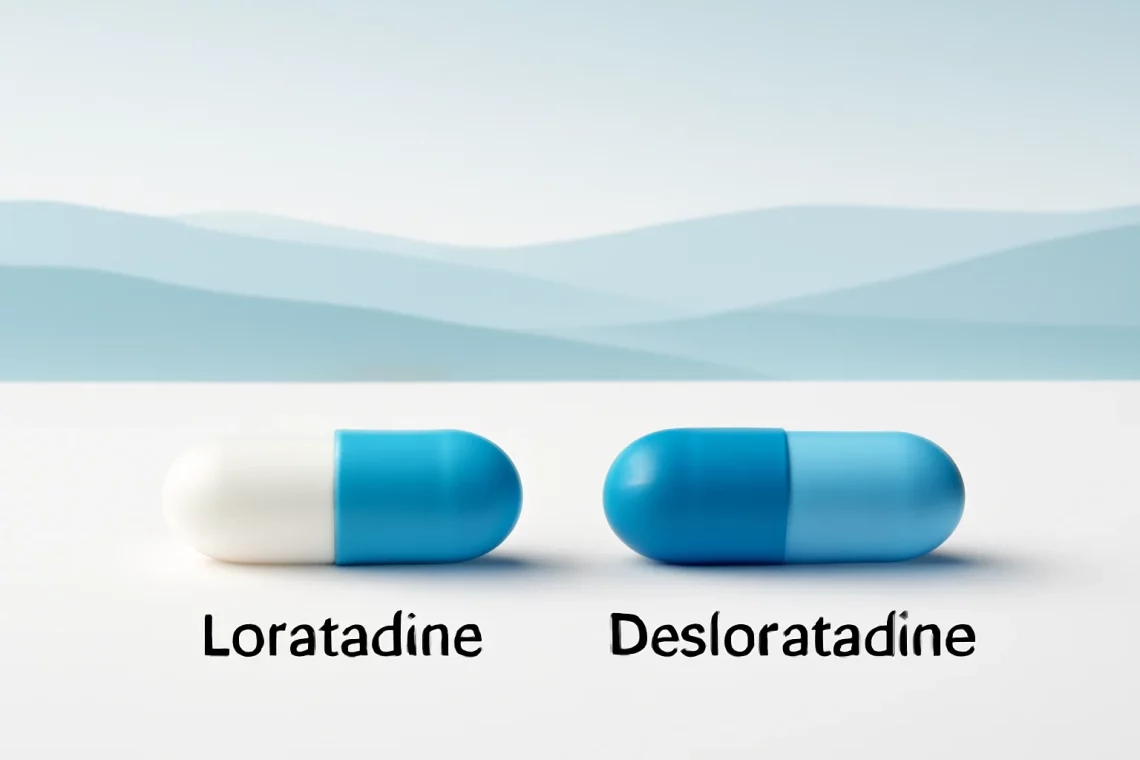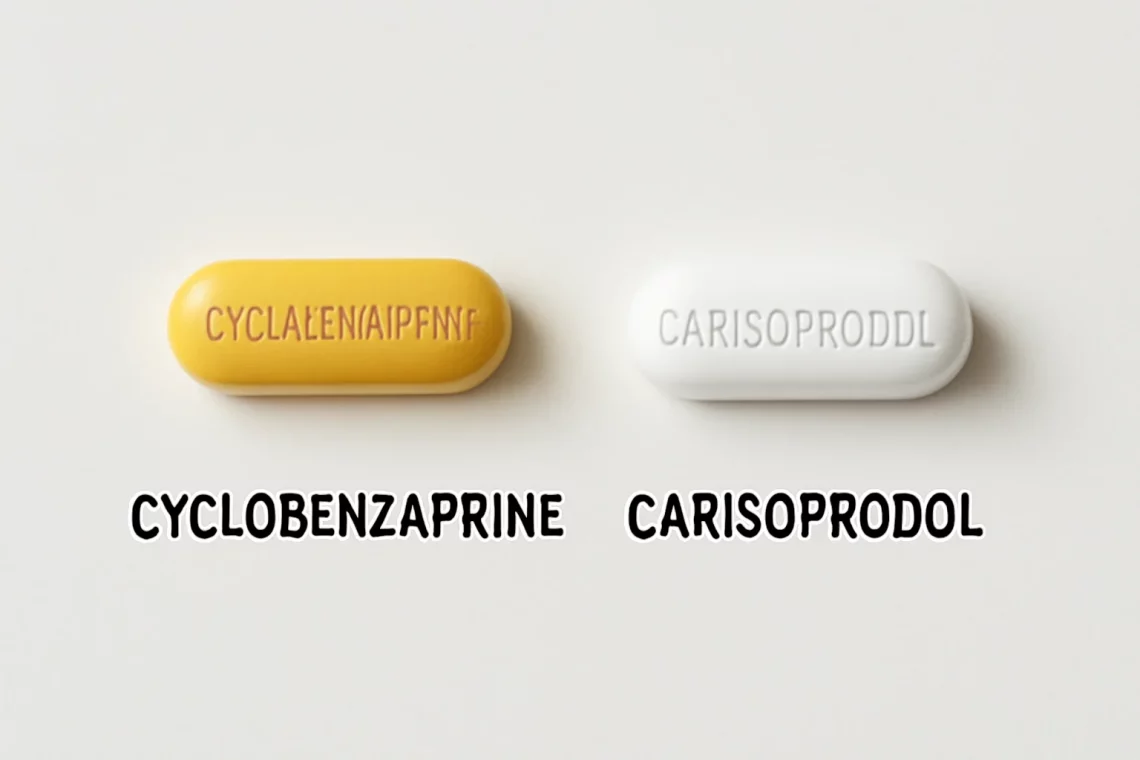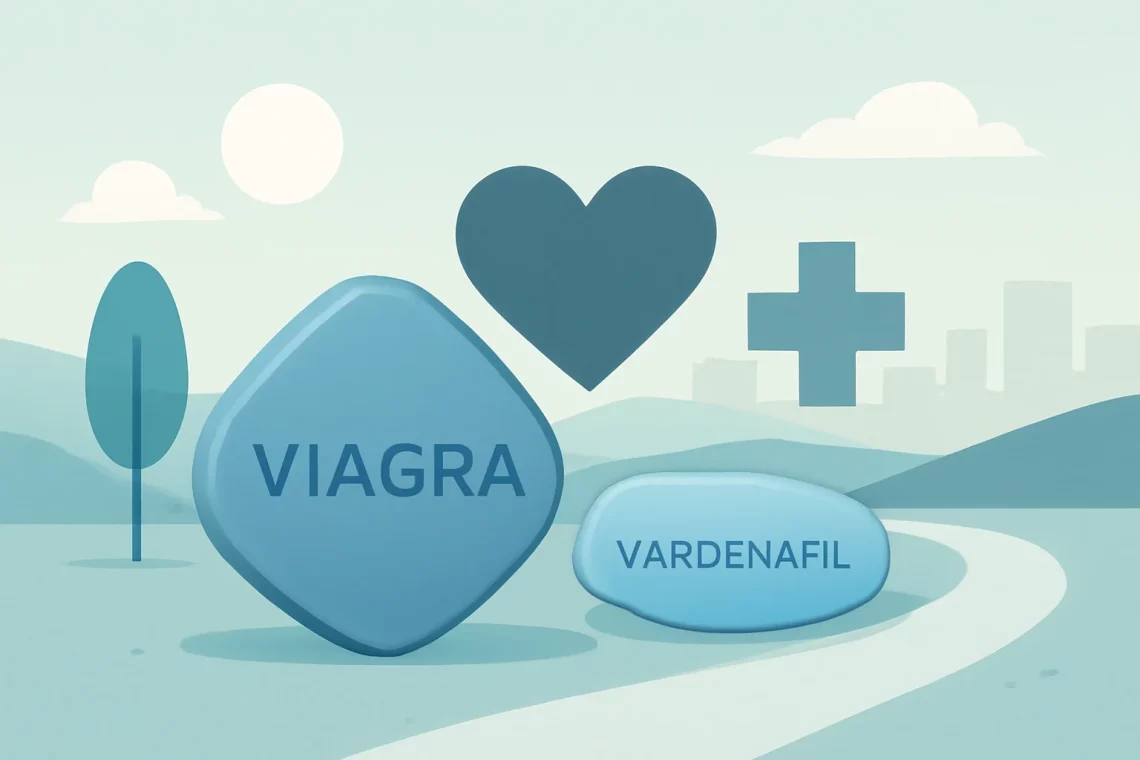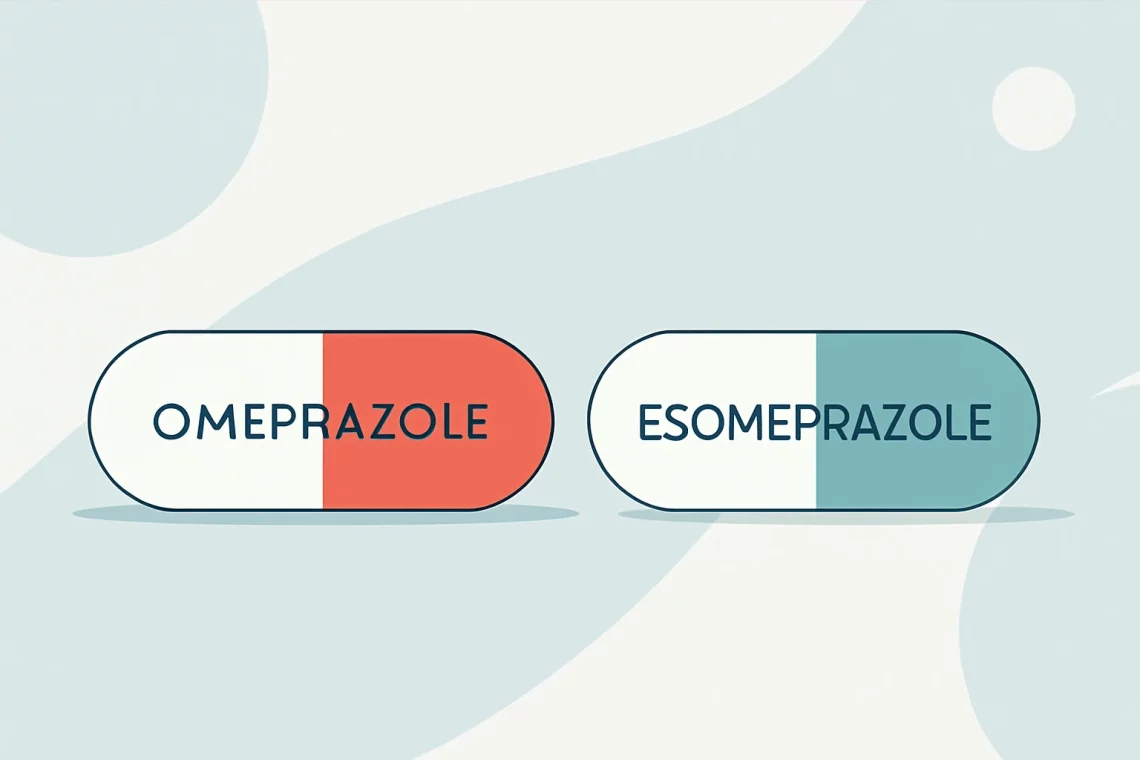-
Trazodone vs Mirtazapine: Which Antidepressant Is Right for You?
Trazodone and Mirtazapine are two medications commonly prescribed for the treatment of various mental health conditions, primarily depression and anxiety. Both of these medications have gained recognition for their effectiveness, yet they operate through distinct mechanisms in the brain and have different profiles of side effects. Understanding the nuances of each medication can be crucial for patients and healthcare providers alike when making informed treatment choices. Trazodone is classified as a serotonin antagonist and reuptake inhibitor (SARI), while Mirtazapine falls under the category of noradrenergic and specific serotonergic antidepressants (NaSSAs). Their differing modes of action influence not only their efficacy but also the types of side effects and interactions they…
-
Farxiga vs Tradjenta: A Comprehensive Comparison for Diabetes Management
In the world of diabetes management, the choice of medication can significantly impact a patient’s quality of life. With the rise of diabetes prevalence globally, various medications have emerged to help individuals manage their blood sugar levels effectively. Among these, Farxiga and Tradjenta are two commonly prescribed medications that serve distinct purposes in diabetes treatment. Understanding the differences and similarities between these two drugs can empower patients and healthcare providers to make informed decisions tailored to individual needs. Farxiga, known generically as dapagliflozin, is part of a class of medications called SGLT2 inhibitors. It works by preventing the reabsorption of glucose in the kidneys, allowing excess sugar to be excreted…
-
Farxiga vs Jardiance: A Comprehensive Comparison of Diabetes Medications
In recent years, the landscape of diabetes management has evolved significantly, with new medications emerging to help patients control their blood sugar levels more effectively. Two prominent medications in this arena are Farxiga and Jardiance, both of which belong to a class of drugs known as SGLT2 inhibitors. These medications have gained attention for their ability to lower glucose levels and offer additional benefits, such as weight loss and cardiovascular protection. With diabetes being a chronic condition that affects millions of people worldwide, understanding the differences and similarities between these two medications is crucial for patients and healthcare providers alike. As more individuals seek information on how to manage their…
-
Cyclobenzaprine vs Chlorzoxazone: Key Differences and Uses Explained
Cyclobenzaprine and chlorzoxazone are both medications commonly used to treat muscle spasms and discomfort. Although they serve similar purposes, these two drugs possess distinct properties, mechanisms of action, and side effects profiles. Understanding the nuances between cyclobenzaprine and chlorzoxazone can empower patients and healthcare providers to make informed decisions regarding treatment options. Muscle spasms can arise from various conditions, including injuries, overuse, or underlying medical issues. The sensation of tightness, pain, or restricted movement can significantly impact daily life, leading individuals to seek relief through medication. While both cyclobenzaprine and chlorzoxazone are classified as muscle relaxants, they differ in their chemical structure and how they interact with the nervous system.…
-
Loratadine vs Desloratadine: Key Differences Explained
Loratadine and desloratadine are antihistamines widely used for the treatment of allergic conditions. Both of these medications help alleviate symptoms associated with allergies, such as sneezing, runny nose, and itchy eyes. They belong to a class of drugs known as second-generation antihistamines, which are known for causing less sedation compared to first-generation antihistamines. This distinction makes them more appealing to individuals who need to manage allergy symptoms without the drowsiness that often accompanies other allergy medications. Understanding the differences and similarities between loratadine and desloratadine is crucial for those seeking effective allergy relief. While they share a common purpose, the way they act in the body and their specific applications…
-
Cyclobenzaprine vs Carisoprodol: Which Muscle Relaxant is Better?
Cyclobenzaprine and Carisoprodol are two medications commonly prescribed for the treatment of muscle spasms and discomfort associated with musculoskeletal conditions. Both belong to a class of drugs known as muscle relaxants, which work by affecting the central nervous system to alleviate pain and improve mobility. While they share some similarities in their therapeutic use, they also have distinct differences in terms of mechanism of action, side effects, and duration of use. In an era where muscle-related issues are increasingly prevalent due to sedentary lifestyles and physical stressors, understanding these medications can empower patients and healthcare providers alike. Muscle relaxants like cyclobenzaprine and carisoprodol have become important components in managing pain…
-
Gemtesa vs VESIcare: Which Treatment is Right for You?
The world of medication is vast and complex, offering a variety of options for managing health conditions. Among these, Gemtesa and VESIcare have emerged as notable choices for individuals experiencing specific health issues. As patients and healthcare providers navigate the plethora of treatment options, understanding the distinctions, benefits, and potential drawbacks of each medication becomes paramount. Both Gemtesa and VESIcare target similar symptoms, particularly those related to overactive bladder, which can significantly impact one’s quality of life. Overactive bladder is characterized by a sudden and uncontrollable urge to urinate, often accompanied by frequent urination and, in some cases, incontinence. The search for effective relief can lead individuals to explore various…
-
Viagra vs Vardenafil: Which ED Treatment is Right for You?
Erectile dysfunction (ED) is a common condition that affects men of all ages, impacting not only physical intimacy but also emotional well-being and relationships. For many, this challenge can lead to feelings of embarrassment or inadequacy. Fortunately, advances in medical science have led to the development of effective treatments that can help restore sexual function and confidence. Among these treatments, Viagra and Vardenafil have emerged as two of the most popular options. Both medications belong to a class of drugs known as phosphodiesterase type 5 (PDE5) inhibitors, which work by enhancing blood flow to the penis and facilitating erections when sexually stimulated. However, despite their similar mechanisms, there are key…
-
Omeprazole vs Esomeprazole: Which Is Right for Your Treatment?
Omeprazole and esomeprazole are two widely used medications that belong to a class of drugs known as proton pump inhibitors (PPIs). These medications play a crucial role in managing conditions related to excessive stomach acid production, such as gastroesophageal reflux disease (GERD), peptic ulcers, and Zollinger-Ellison syndrome. While both drugs serve a similar purpose, they differ in their chemical structure, effectiveness, and side effects, leading many patients and healthcare providers to weigh the benefits of one over the other. Understanding the nuances between omeprazole and esomeprazole is essential for making informed decisions about treatment options. As patients seek relief from their symptoms, it’s important to consider factors such as dosage,…
-
Januvia vs Invokana: A Comprehensive Comparison of Diabetes Medications
Diabetes has become a global health challenge, affecting millions of individuals worldwide. As the prevalence of type 2 diabetes continues to rise, the need for effective medications to manage blood sugar levels has never been more critical. Among the many treatment options available, two medications that are frequently discussed are Januvia and Invokana. Each of these drugs operates through different mechanisms and offers unique benefits and potential side effects. Januvia, a member of the DPP-4 inhibitor class, works by increasing the levels of incretin hormones, which help regulate blood sugar levels. On the other hand, Invokana belongs to the SGLT2 inhibitor class, functioning by preventing the reabsorption of glucose in…
